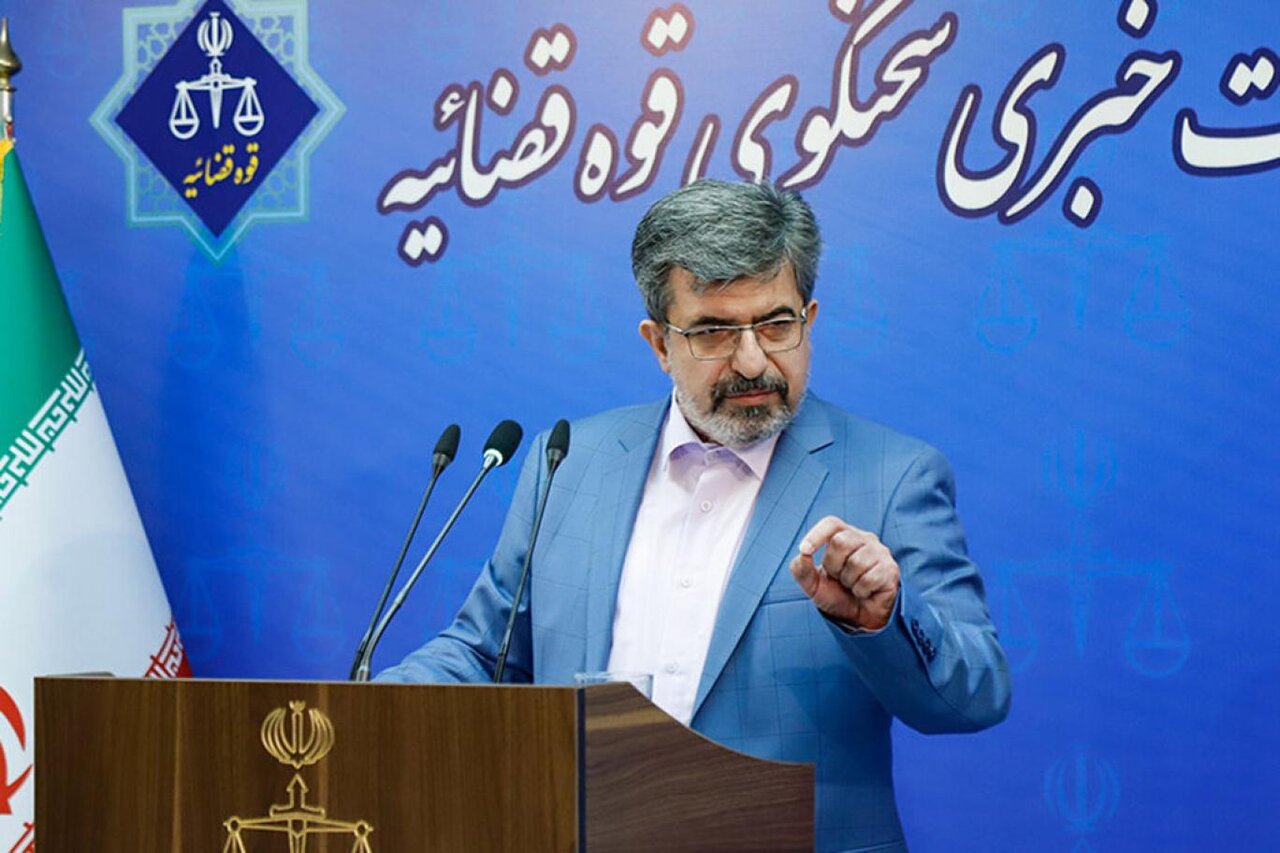Canada doesn’t cooperate in extraditing former banker: Iranian Judiciary spokesman

TEHRAN – The Iranian Judiciary is seeking to bring former banker Mahmoud Reza Khavari to the country but the Canadian government is not cooperating with Iran, Judiciary spokesman Masoud Setayeshi has said.
Khavari, the chief of Bank Melli Iran, fled to Canada after a massive $2.6 billion financial fraud came to light in 2011. He is one of the main persons involved in the massive fraud.
“No new thing has happened in this case. Request for (his) extradition has been done but the Canadian government does not cooperate,” Setayesh told ISNA in an interview published on Sunday.
Setanyeshi went on to say that the Judiciary does not show tolerance for financial corruption.
“We seriously deal with economic corruption,” he noted.
However, he asked: Is just dealing with corruption enough?
“We believe that we should prevent corruption and in line with this purpose we have identified 200 loopholes for corruption,” the spokesman added.
Khavari was involved in biggest embezzlement case, a fraud involving the use of bogus documents to obtain credit from eight Iranian banks to purchase state-owned companies over a reported four-year period.
Khavari, became a Canadian citizen in 2005 and reportedly owned a home in Toronto, fled to Canada in 2011 to join his family. Despite Tehran’s frequent official requests, Canada has refused to extradite him.
But immediately after his flight to Canada Khavari was not so sure what would happen to him. He reportedly gave his $3 million home to his daughter for the token price of two dollars.
Interpol had placed him on its red notice wanted list in February 2013 but removed his name in October 2016.
The chief of Iran's branch of Interpol said the removal of the information about Khavari from the Interpol public portal does not mean the red notice against him has been lifted.
“The red notice is accessible and citable in Interpol’s main system to Interpol branches in all countries. The red notice has been only removed from the organization’s public portal, and that only happens in the cases where the Interpol branch in the individual’s country of residence has established a connection with the branch that issued the red notice,” General Massoud Rezvani said.
“In the case of Khavari’s travel to other countries, the police department of the country is obliged to detain him based on the red notice being still active in their system and immediately inform the Interpol branch in Tehran,” he said.
Leave a Comment